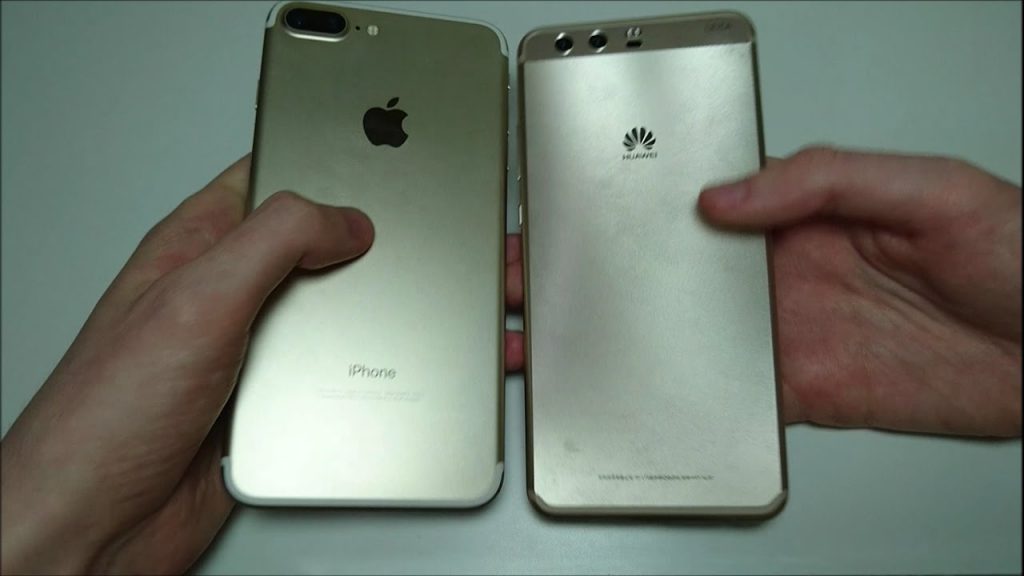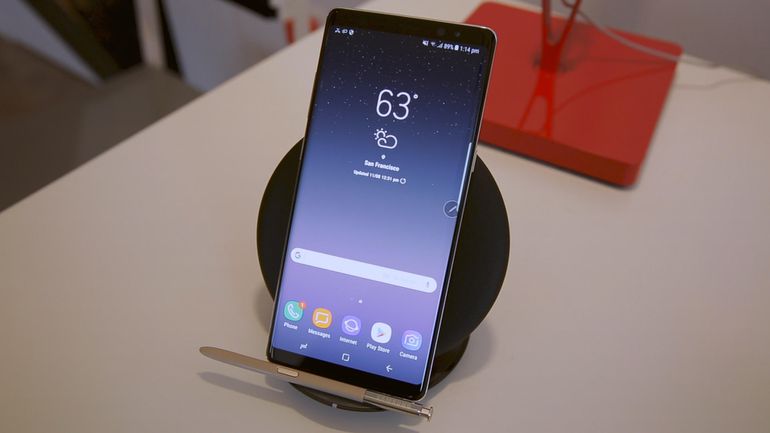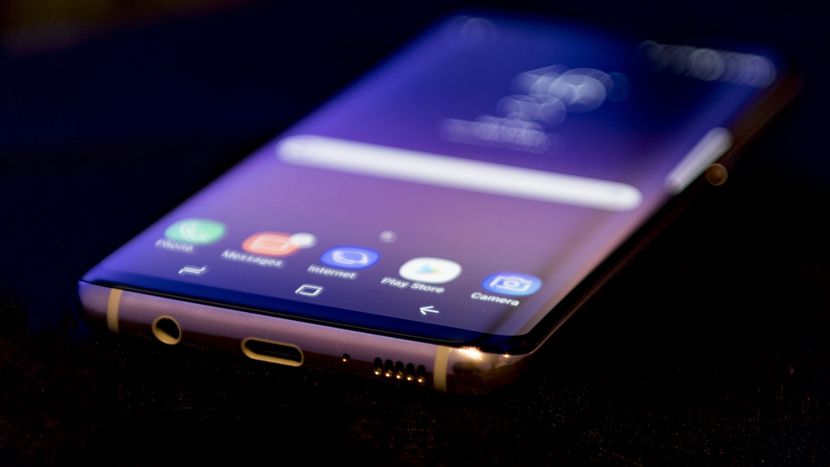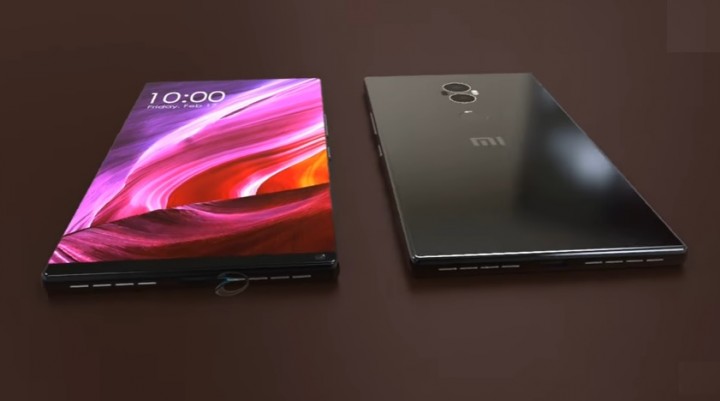Tech giant, Apple, is considered the biggest company on Earth with their market value, and their key to success has been their sales of brand-new high-valued smartphones on consistent basis monthly. At its highest peak, Apple sold 231.5 million iPhones back in 2015. Even though sales have begun to slow down, iPhone still generates more than 50% of the revenue for the California-based firm. The firm also announced record profits earlier this week, with a quarterly profit of $8.7 billion, with majority of the profit coming from the 41 million iPhones that were sold in the quarter.
One of the major reasons that Apple has been successful in selling millions of iPhones year after year is that the users keep aside their old phone, either because it had some fault, or because the new model has improved technology. Different reports claim that tech giants like Apple are not interested in making environmentally friendly phones which will last longer and also reduce the number of new phones bought each year from the consumer end.
Moreover, Apple isn’t the only company that has this policy, but the iPhone has been a major source of wastefulness each year, with more people dumping their old iPhone and buying the new model, according to different environment groups.
The California-based firm have used proprietary screws, unibody enclosures and other designing techniques that have made their devices very difficult to repair, with only Apple or computer repair experts able to repair the device. Moreover, Apple has also made it increasingly difficult to replace the batteries of its devices, as they have used the strategy to apply glue and bury the battery underneath layers of sensitive components. Thus, it makes the battery impossible to replace. This, as a result, forces the user to replace their 18-24 month old iPhone, and buy a newer model.
Reports suggest that tech industry have not cut down their manufacturing waste by openly combating environmentally friendly tech standards, through acts which include the repairability of their devices. Moreover, Apple, Hewlett-Packard and other tech giants have used their influence on the market over groups who balance the production of electronic gadgets. According to the reports, these tech giants effectively decide how the environmental acts will be carried out, and ignore the issues of repairability and reusability to cut down waste.
Reports show that these giant companies do have an environmental team, but have much more influence over these departments. The firms instruct their environmental team to ensure they do not get constrained in any way, rather than making sure that their products can be manufactured in a environment-friendly way.
However, the firm is not doing legal wrong by not following the environmentally-friendly production method, as the policies are not government-enforced ones. The Environmental Protection Agency funded the first-ever environmental standards for electronic companies in 2004. That also resulted in the formation of an electronic standard by the Institute of Electrical and Electronics Engineers (IEEE), which consists of non-government regulators who work for the interests of corporate companies.

Nicholas is a dedicated and experienced author of this tech blog. He wants to be helpful and offer great content to his readers, but he also needs to make sure that the site is profitable so it can continue running. If you have any questions or concerns about our work please don’t hesitate to contact us!













